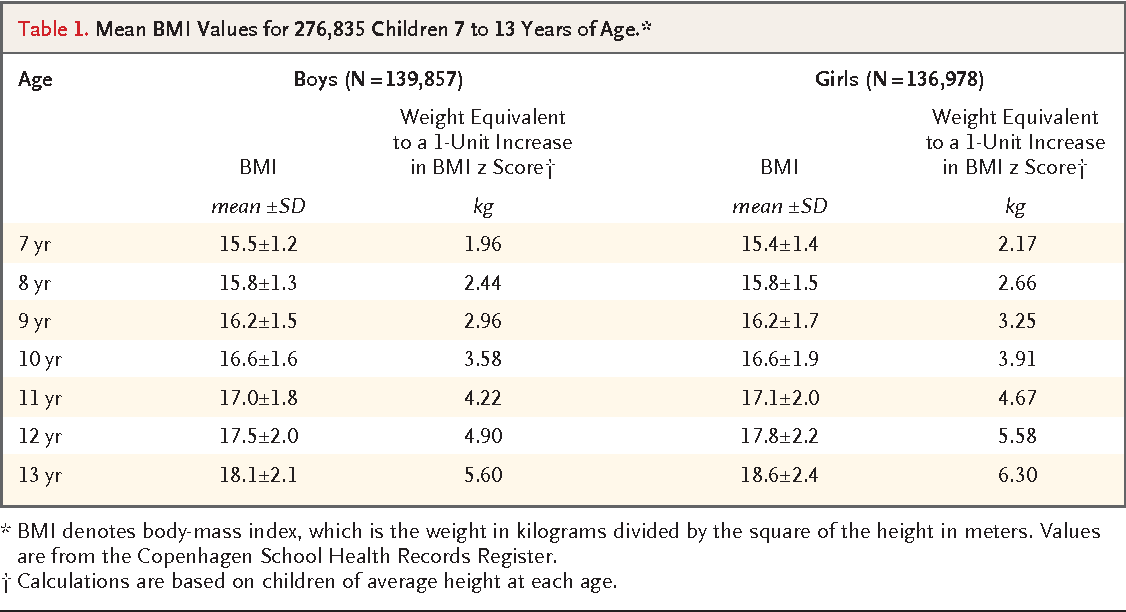A recent study sheds light on a pressing public health concern: the association between childhood obesity and the risk of coronary heart disease (CHD) in adulthood. As childhood obesity rates continue to climb globally, understanding the long-term health implications is crucial for both parents and policymakers.
- Higher Body Mass Index (BMI) and CHD Risk: The study indicates a direct correlation between elevated BMI in children and an increased risk of developing CHD later in life. This connection suggests that early interventions to manage and maintain a healthy weight during childhood could play a pivotal role in preventing heart disease in adulthood.
- Gender Differences: Interestingly, the findings reveal that the association between childhood BMI and CHD risk is stronger in boys than in girls. This gender disparity highlights the need for targeted health initiatives that address the unique risk factors and behavioral patterns prevalent in different demographics.
- Age-Related Risk Increase: The study also notes that the risk of CHD increases with the age of the child in both sexes. As children grow heavier, the cumulative effects of obesity may exacerbate cardiovascular risk factors, making it critical to implement preventive measures early in life.
With the alarming rise in childhood obesity rates, these findings underscore the urgent need for comprehensive public health strategies aimed at combating this epidemic. Here are some potential approaches:
- Promoting Healthy Lifestyles: Schools, families, and communities should collaborate to promote healthier eating habits and physical activity. Encouraging children to engage in regular exercise and consume balanced diets rich in fruits, vegetables, and whole grains can help maintain a healthy weight.
- Educational Programs: Implementing educational programs that teach children about nutrition and the importance of physical activity can empower them to make healthier choices. By fostering an understanding of the long-term health impacts of obesity, children may be more motivated to adopt healthier lifestyles.
- Policy Interventions: Policymakers should consider regulations that promote healthier food options in schools and limit the marketing of unhealthy products to children. Initiatives aimed at improving access to nutritious foods in underserved communities can also contribute to healthier outcomes.
As the global prevalence of childhood obesity continues to rise, the link between higher BMI in childhood and increased risk of CHD in adulthood becomes increasingly concerning. By addressing this issue through preventive measures and education, we can help mitigate the long-term health risks associated with obesity. It is vital that we prioritize the health of our children today to ensure a healthier, heart disease-free future for generations to come.

